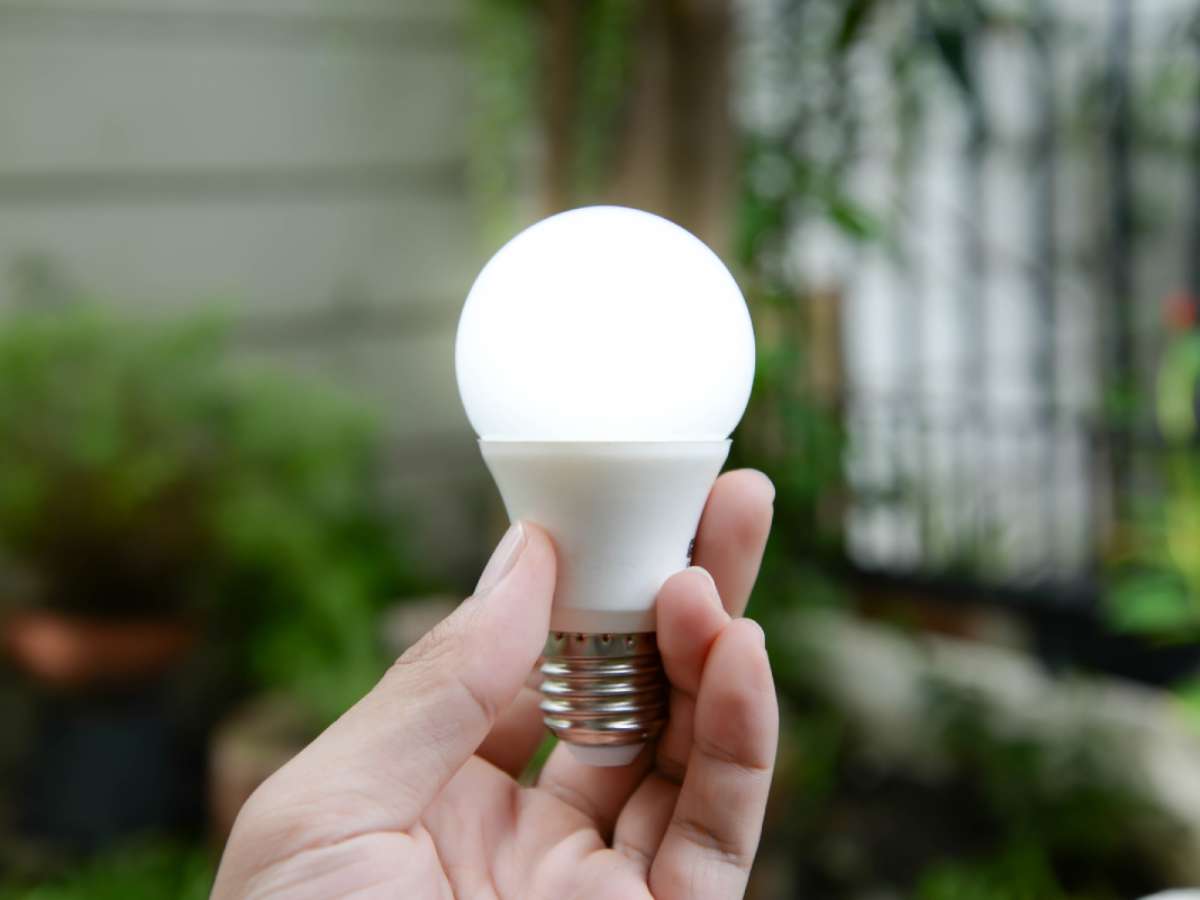 Solar power refers to the production of electricity by utilizing sunlight.
Solar power refers to the production of electricity by utilizing sunlight.
Solar power has 2 main advantages:
- It produces electricity in a renewable way that doesn’t damage the earth;
- And once the installation has been completed, power is generated free of charge.
Its main disadvantage is that the initial installation can be very costly.
If you are not the type who’s into putting up your own panels, then the government rebate programs will greatly reduce the cost of installing a system.
Industry experts estimate that such rebates can shave off as much as 50% of the total cost of a system.
How To Take Advantage Of Government Rebates
1. Contact your local utility company to ask what government rebate programs are currently in effect in your area. Be sure to inquire about all types of rebates: federal, state, and local. Ask for referrals (phone numbers and if possible, the names of individuals to speak with) so that you can gather specific information from the source of each rebate.
2. Follow up on the referrals. When you contact each agency offering a rebate, be sure to ask about the terms of the rebate. Most rebate programs will require your solar power system to be installed by a solar-qualified contractor and will insist that your solar power system be hooked up to your city’s electrical grid. This is so that any power you generate in excess of your own needs can be fed back into the grid for other people to use.
3. Keep rebate expiration periods in mind. Not all programs are ongoing for years at a time. Some have cut-off dates; you must have your system installed and functioning before the deadline in order to qualify for rebates.
Can You Install Solar Panels For Free Due To Government Rebate Programs?
In the short term, probably not.
A very good result would be for you pay half the cost of your system up front while the government funds the other half.
However, that’s not the end of the story.
Over time, your solar photovoltaic system will save you money by reducing or even eliminating your monthly electrical bill. In some months you may even show a profit by selling back power to the grid.
If you add up all the savings you will accrue during the decades your solar power system is in operation, you may well find that in the end, you have recouped the entire cost of the system.
Sources
- Basic Steps to Plan Your Residential Solar Energy System
- DSIRE: A Database of State Incentives For Renewables & Efficiency
Shannon Combs, our guest contributor, writes for the Residentialsolarpanels.org blog — her hobby blog she uses to help people learn how to sell solar power back to the grid and tax credits.




